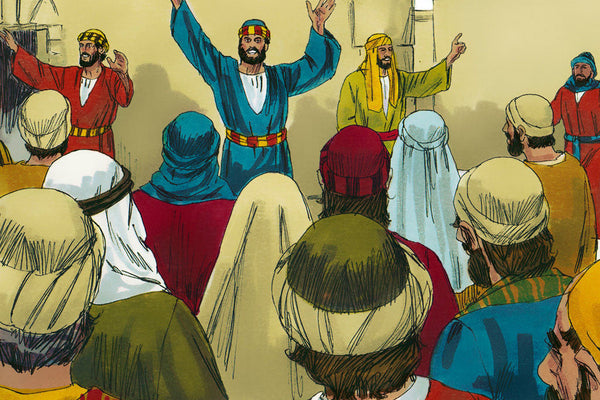Your cart is empty now.
Preaching Repentance and Forgiveness (7): Repentance and Remission
Two concepts are included and, clearly there is a relationship between them. Quite simply, God forgives the sins of those who repent, or God forgives sinners when they repent. “I acknowledged my sin unto thee, and mine iniquity have I not hid. I said, I will confess my transgressions unto the LORD; and thou forgavest the iniquity of my sin” (Ps. 32:5). “Let the wicked forsake his way, and the unrighteous man his thoughts: and let him return unto the Lord, and he will have mercy on him, and to our God, and he will abundantly pardon” (Isa. 55:7). “I send thee, to open their eyes, and to turn them from darkness to light, and from the power of Satan unto God, that they may receive forgiveness of sins, and inheritance among them which are sanctified by faith that is in me” (Acts 26:17b-18). That should be enough—God forgives us when we repent—but to dispel confusion, we should explain the relationship further.
















